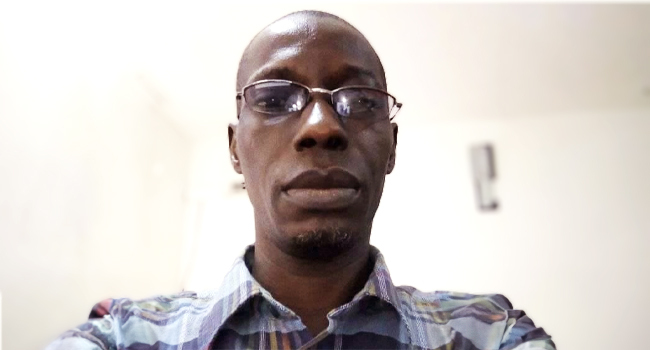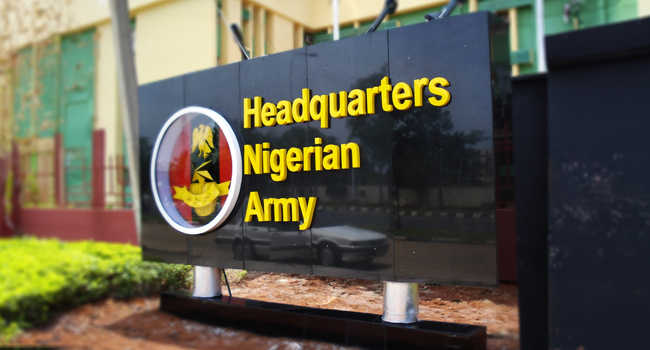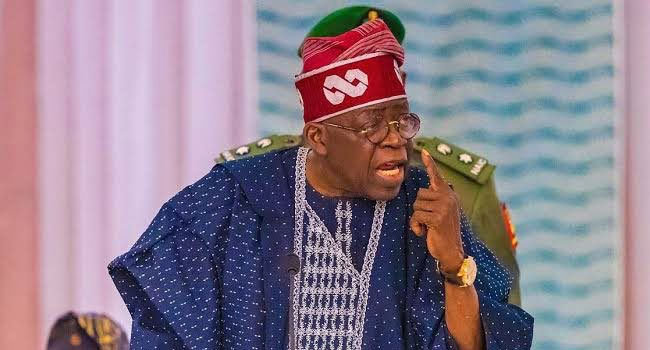Military authorities have freed the editor of FirstNews, Segun Olatunji, 13 days after staying in their custody.
He was released on Thursday in Abuja and handed over to select journalists on the grounds that he would be available whenever needed by military authorities.
The editor was arrested in his Abule-Egba home in Lagos State on March 15. But his family members were in the dark about his whereabouts and why he was detained.
But journalists’ bodies and human rights agencies clamoured for his freedom. A few days back, the International Press Institute (IPI) said Olatunji was in the custody of the Defence Intelligence Agency (DIA).
READ ALSO: NUJ, IPI, NGE Call On Tinubu To ‘Punish’ Those Behind Olatunji’s Detention
The IPI, the Nigerian Union of Journalists (NUJ), and the Nigerian Guild of Editors (NGE) confirmed his release in a press briefing on the same day.
But it called on President Bola Tinubu to ensure those behind the arrest were “punished,” claiming military authorities lied to them about Olatunji’s whereabouts.
“Although our colleague has now been released, we are calling on President Tinubu to ensure that these officers are punished for their bad behaviour,” they said.
While giving details about what led to the arrest, the unions said it was to a story captioned, “Revealed: Defence Chief running office like family business – Public Interest Lawyers.”
“More so, the DIA’s action is a direct attack on press freedom. One of the core missions of the free press is to serve as a watchdog on power,” the unions said in a statement jointly signed by the IPI president Musikilu Mojeed; NGE Secretary Iyobosa Uwugiaren and the NUJ president Chris Isiguzo.
“The press, as we all know, is the connection between the people and the government. If the press is not allowed to carry out its social and constitutional responsibilities but instead obligated to power, it simply serves as an extension of power.”
However, the DIA is yet to comment on the matter as of the time of this report.




